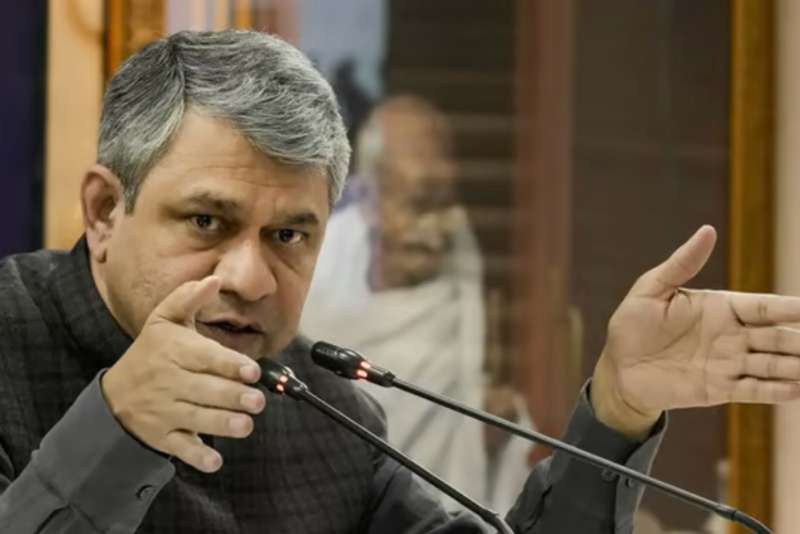
NEW DELHI – The Indian government has withdrawn the contentious draft Broadcasting Services (Regulation) Bill, 2024, following significant criticism from various quarters. The draft, which was circulated among select stakeholders last month, sparked concerns over potential government overreach in regulating online content, including independent creators on social media platforms.
Draft Bill Faces Backlash Over Content Regulation
The Ministry of Information and Broadcasting quietly shared the draft Bill with a limited number of stakeholders in July 2024, inviting their comments. However, the draft quickly drew criticism for its expansive scope, which extended beyond traditional television broadcasting to include social media accounts and online video creators. This raised alarm about the potential curbing of freedom of speech and expression, particularly among independent content creators.
A senior government official, speaking on condition of anonymity, confirmed that the Ministry has requested stakeholders to return their copies of the draft Bill. “The Ministry is expected to revisit the proposal and work on a new version,” the official said.
Confusion Over Ministry’s Public Statement
In a statement released on social media platform X, the Ministry referred to an earlier draft Bill from November 2023 and stated that it was holding consultations with stakeholders, extending the deadline for comments to October 15. The statement mentioned plans to release a fresh draft after thorough consultations but made no reference to the recent 2024 draft that was circulated privately.
This omission has led to confusion among stakeholders. An industry executive, who was not part of the group that received the 2024 draft, expressed uncertainty about which version to comment on. “We never received a copy of the latest draft, so it’s unclear whether we should respond to the old one or wait for further instructions,” the executive said.
Controversial Provisions Spark Concern
The draft Bill proposed significant changes to the regulation of digital content, including a broad definition of “digital news broadcasters” that could encompass anyone generating revenue through online platforms like YouTube, Instagram, or X. It also introduced a requirement for these broadcasters to register with the government and adhere to a stringent content evaluation process.
The Bill’s expansive reach and the requirement for prior certification of content by a government-approved committee were seen as attempts to stifle independent voices, particularly those critical of the government.
Internal Dissent and Future Steps
Sources indicate that there was internal disagreement within the Ministry about the application of the Bill to non-news online content creators. This disagreement, coupled with external pushback, likely contributed to the decision to withdraw the draft and rework its provisions.
The Ministry’s move to withdraw the Bill suggests a recognition of the concerns raised by stakeholders. However, the future of content regulation in India remains uncertain as the government considers its next steps.
For now, the Ministry’s efforts to regulate online content will continue to be closely watched by both industry players and independent creators, who are wary of any potential infringement on their rights to free expression.
Gangtokian Web Team, 13/08/2024

















































